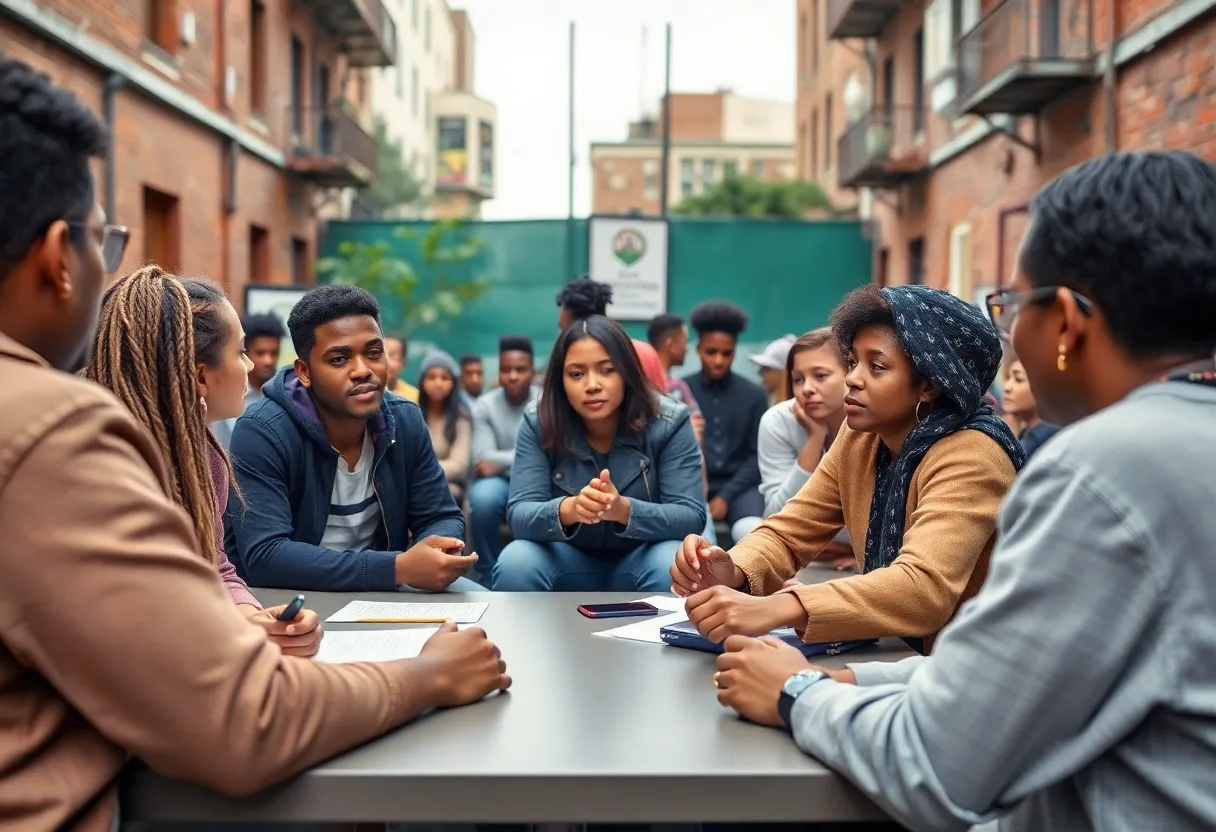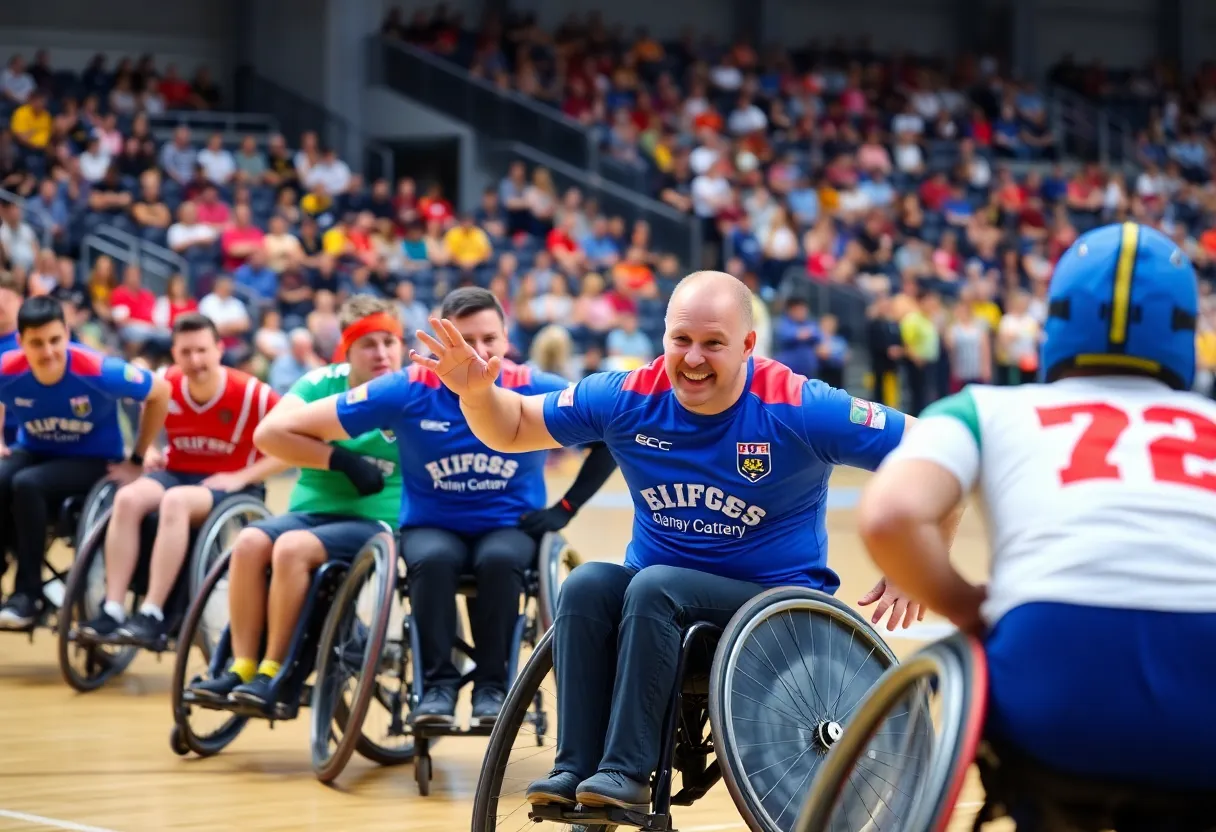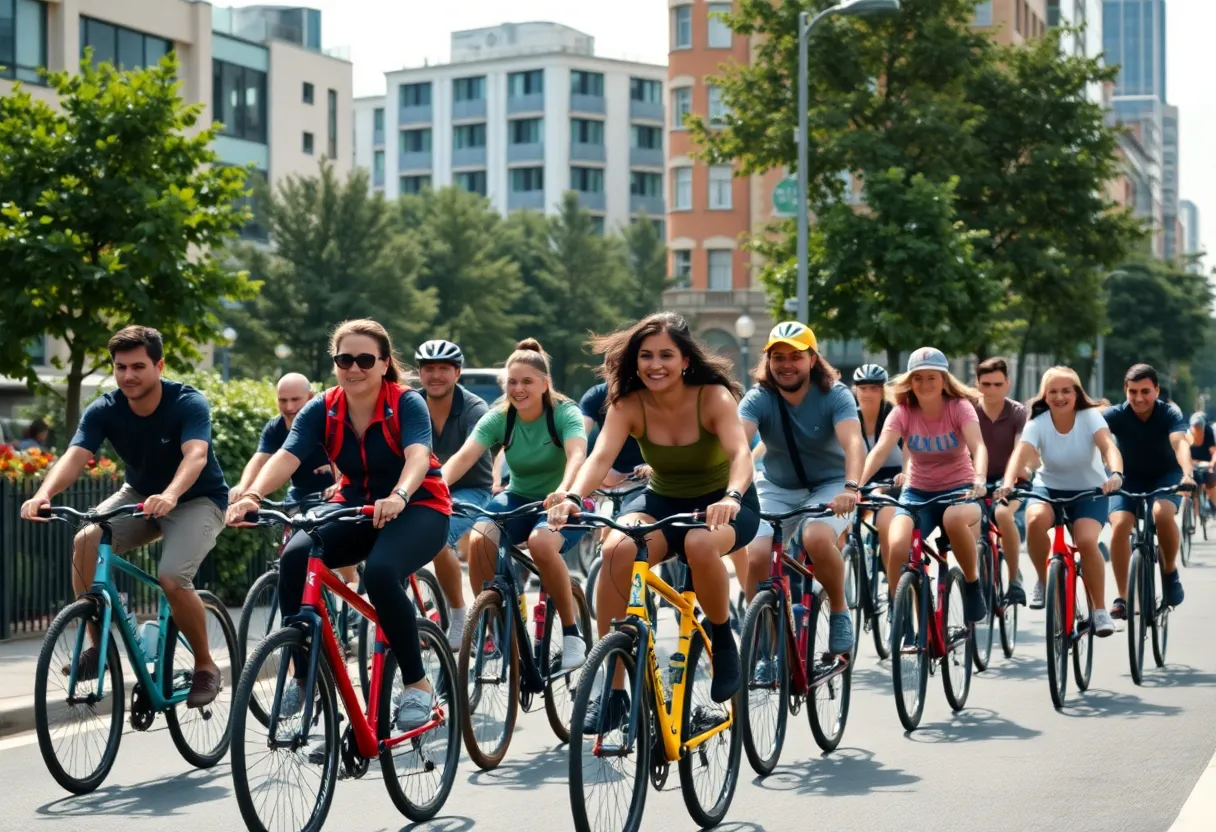Louisville, October 14, 2025
In a recent assembly in Louisville’s West End, community leaders addressed the troubling rise in gun violence impacting local schools. With three incidents reported this year, stakeholders proposed grassroots initiatives such as youth mentorship and after-school programs to safeguard students. Emphasizing prevention over punishment, city officials pledged support, highlighting the need for sustainable funding to ensure these initiatives can effectively protect young people from violence and foster positive community connections.
Louisville Community Leaders Address Gun Violence Impact on Local Schools
Louisville, KY – Community leaders convened in the city’s West End to confront the escalating issue of gun violence affecting local schools. The gathering focused on immediate concerns, as three incidents involving students have been documented this year alone. Advocates highlighted the urgent need for preventive measures to safeguard young people and restore safety in educational environments.
The meeting centered on grassroots programs aimed at reducing the risks faced by teens in high-crime areas. Proposed initiatives include youth mentorship opportunities and structured after-school activities, designed to engage at-risk students and steer them away from harmful influences. These efforts seek to build supportive networks that promote positive development and reduce exposure to violence. With schools bearing the brunt of this crisis, leaders emphasized how such programs could directly mitigate the dangers students encounter both on campus and in their neighborhoods.
Attendees called for increased financial backing to make these programs sustainable. The push for more funding comes as local resources stretch thin amid rising challenges. Financial support would enable the expansion of mentorship pairings, secure venues for after-school events, and provide training for facilitators. Organizers stressed that without adequate investment, the potential of these initiatives remains limited, leaving vulnerable youth without essential guidance.
City Commitment to Prevention
The city’s leadership has signaled strong backing for these community-driven efforts. Officials committed to providing resources and coordination, prioritizing prevention strategies over reactive punishments. This approach aligns with broader goals of addressing root causes, such as limited access to recreational outlets and insufficient adult supervision after school hours. By fostering collaboration between local government and residents, the city aims to create a unified front against violence, particularly in areas where schools serve as focal points for community life.
Prevention-focused tactics represent a shift from traditional enforcement methods, focusing instead on long-term solutions. Programs like mentorship could pair students with role models from similar backgrounds, offering personalized support to navigate challenges. After-school activities, ranging from sports to arts workshops, would fill idle time with constructive pursuits, potentially lowering the incidence of street-related risks. This commitment underscores a recognition that punitive measures alone have not stemmed the tide of violence impacting education.
Plans for Ongoing Engagement
To maintain momentum, organizers announced plans for monthly forums to continue discussions and monitor progress. These gatherings will serve as platforms for residents, educators, and officials to share updates, refine strategies, and address emerging issues. Regular meetings aim to ensure accountability, track the effectiveness of implemented programs, and adapt to the evolving needs of affected communities. By holding these events consistently, leaders hope to cultivate sustained involvement and prevent the initiative from fading over time.
The forums will likely cover topics like program enrollment rates, incident reductions, and funding allocations. They provide an opportunity for feedback from participants, including parents concerned about school safety and students who could benefit from expanded activities. This ongoing dialogue is crucial for building trust and demonstrating tangible results, such as safer routes to school or decreased disruptions in classrooms due to violence-related absences.
Context of the Crisis
Gun violence in Louisville’s West End has intensified over recent years, with schools increasingly entangled in the fallout. The three student-involved incidents this year highlight a pattern of escalation, where young people become both victims and perpetrators amid broader urban challenges. Factors like economic disparities, limited family resources, and proximity to high-crime zones exacerbate the risks for students navigating daily commutes or extracurricular time.
Local schools, particularly in underserved areas, struggle with heightened security demands and emotional support for affected students. The community’s response through grassroots efforts reflects a collective determination to reclaim safety without relying solely on external interventions. Historical attempts at similar programs have shown promise in other cities, but success here depends on consistent participation and adaptive planning.
This initiative arrives at a critical juncture, as families voice growing alarm over the normalization of violence in school vicinities. By channeling energy into mentorship and activities, the community positions itself to interrupt cycles of harm early. The pledge of city support adds a layer of optimism, suggesting that coordinated action could yield measurable improvements in student well-being and academic focus.
In summary, the West End assembly marked a proactive step toward protecting Louisville’s youth. With three incidents underscoring the stakes, the blend of grassroots innovation, funding appeals, and structured follow-ups offers a roadmap for change. As monthly forums unfold, the true impact on school safety will become clearer, potentially setting a model for other affected regions.
(Word count: 652)
FAQ
What is the main focus of the community leaders’ gathering in Louisville?
Community leaders gathered in Louisville’s West End to address rising gun violence affecting local schools.
How many student-involved incidents have been reported this year?
Three student-involved incidents have been reported this year.
What grassroots programs were proposed to deter at-risk teens?
Grassroots programs like youth mentorship and after-school activities were proposed to deter at-risk teens.
What did advocates call for during the meeting?
Advocates called for more funding.
What is the city’s position on addressing the gun violence issue?
Mayor Craig Greenberg pledged city support, emphasizing prevention over punishment.
What are the plans to sustain the momentum from the gathering?
Organizers plan monthly forums to sustain momentum.
Key Features Chart
| Feature | Description |
|---|---|
| Location | Louisville’s West End |
| Main Issue | Rising gun violence affecting local schools |
| Incidents Reported | Three student-involved incidents this year |
| Proposed Programs | Youth mentorship and after-school activities |
| Advocates’ Request | More funding |
| City Support | Pledge emphasizing prevention over punishment |
| Ongoing Plans | Monthly forums |
Deeper Dive: News & Info About This Topic
HERE Resources
Louisville Woman Charged with Murder in Fatal Shooting
High-Speed Police Chase Ends in Arrest After 80-Minute Pursuit
Daytime Shooting Leaves Man Dead Inside West Louisville Home
Armed Suspects Target Homes in Southwest Louisville
33-Year-Old Women Charged with Murder in Louisville Shooting
Louisville Metro Council Calls for Gun Law Exceptions
Elizabethtown Man Charged in Road Rage Shooting
Teenage Girls Shot in Louisville’s Chickasaw Neighborhood
Louisville, Kentucky: Two Women Fatally Shot in Southside Neighborhood
Man Charged in Elizabethtown Road Rage Shooting





